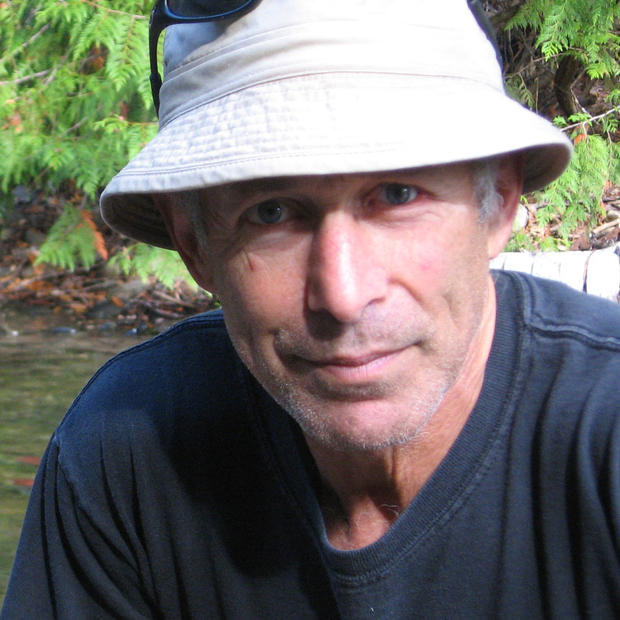Don'êt bother trying to read the fine print. There isn'êt any, yet.
The Puget Sound Partnership's Action Agenda wants the Legislature to authorize a regional improvement district that can raise money, year in and year out, for restoring the health of Puget Sound. This is a good idea. It has been obvious for some time that any serious effort to save the Sound requires a long-term, dedicated source of funds.
But at this point, the Partnership doesn'êt have much beyond the basic idea. There are plenty of questions, though.
What will the boundaries be? Conceptually, that'ês easy: the 12 counties that border Puget Sound. But that doesn'êt end the discussion. Will the voters of each individual county be able to opt out? If so, won'êt that doom the effort from the start? If not, won'êt some people grumble about rural areas getting shanghaied by the cities?
How will it be governed? Some special purpose districts have elected boards. Others have appointed boards. Sound Transit'ês board is appointed by the chief executives of the counties within the transportation district. If the board is elected, who gets to choose? The people? County Councils? Someone else?
Who will hold it accountable? How?
What will it do? A special purpose district usually has a well-defined special purpose: operate a sewer system, a water system, an irrigation district, a cemetery, a hospital, an airport, a mass transportation system, whatever. The problems facing the Sound are so numerous and complex that this district could spend money trying to alter virtually every facet of life in western Washington. The Legislature won'êt give it a charter to do everything. How should legislators define the district'ês mission?
How will it raise money? Property tax? Sales tax? Something else? Sound Transit can legally collect money by imposing extra sales and motor vehicle excise taxes, and through an employer tax. A property tax might make sense for Puget Sound projects, but it would also be controversial.
And finally, where should it spend the money? Sound Transit'ês concept of 'êsubarea equity'ê means that money raised in one part of the transit district must be spent there. That'ês a questionable way to fund transit. As a way to restore the Puget Sound ecosystem, it would be ludicrous — that is, unless you think you can save the whole ecosystem by spending a lot of money in King County.
The Partnership is scrambling to answer these questions in time to get the governor'ês OK, find sponsors, and get a bill introduced in Olympia next month. After that, the Partnership would need a few years to put the nuts and bolts of a new district together and build support for a 12-county popular vote. What would the people vote on? Details to follow.


